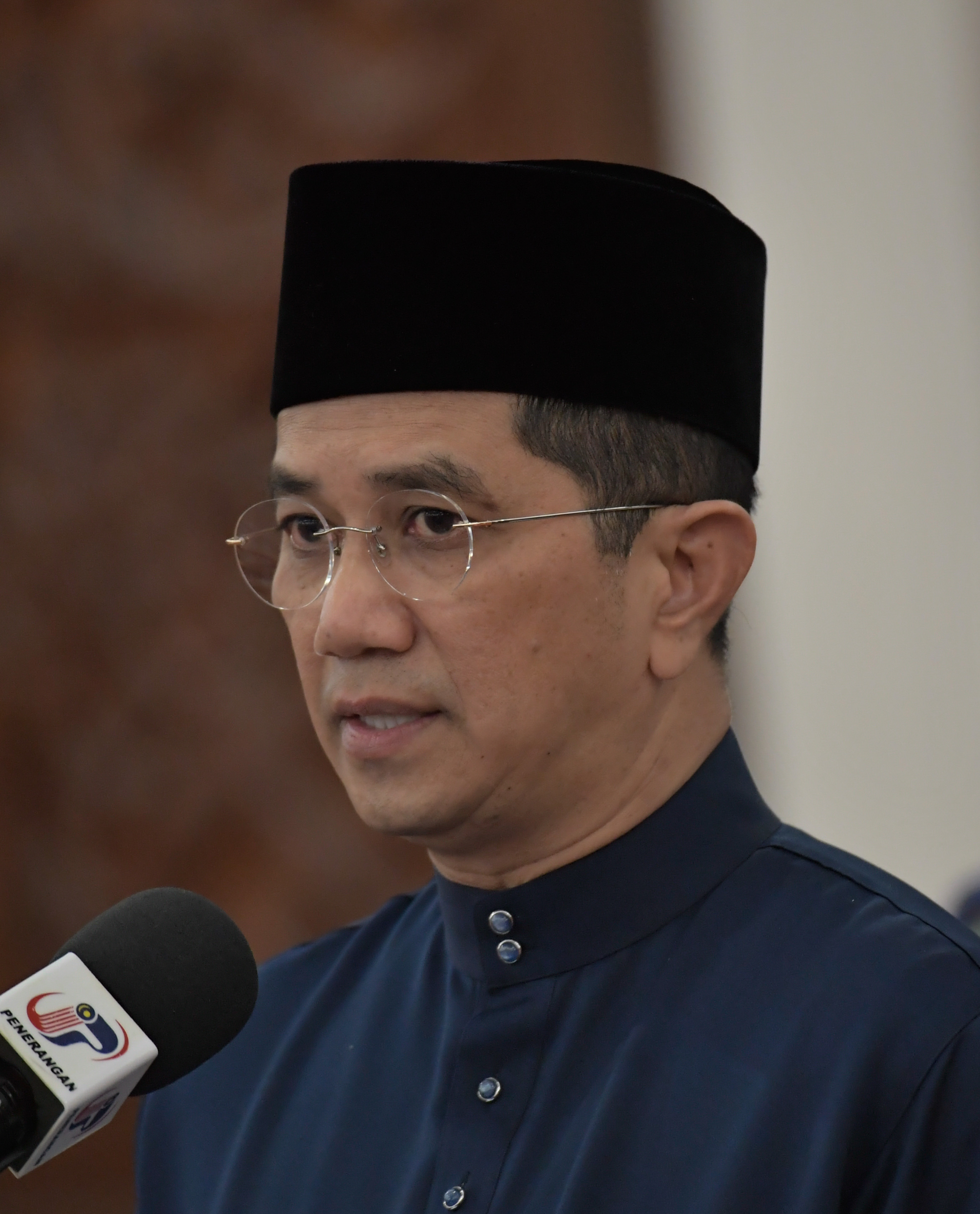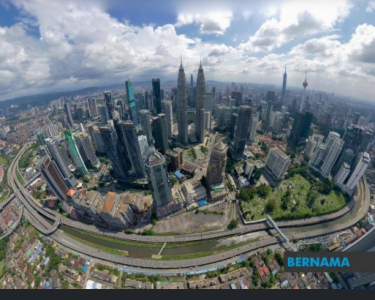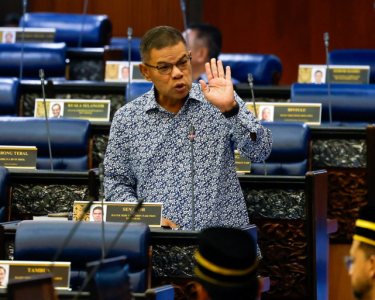KUALA LUMPUR, Nov 10 (Bernama) — Coordinating times across eight different time zones among 21 members of the Asia Pacific Economic Cooperation (APEC) is a challenge that Malaysia needs to address as the host of the APEC 2020 Economic Leaders’ Meeting, which will be held virtually for the first time, on Nov 20.
Senior Minister cum International Trade and Industry Minister Mohamed Azmin Ali said until now Malaysia has managed to coordinate and carry out its responsibilities well.
“This will not only raise Malaysia’s profile as a host but also make the country more respected and esteemed among APEC economies,” he told Bernama in an interview ahead of the meeting.
Malaysia is also responsible for designing the most optimal digital format that can be adopted by all APEC economies, especially under the new norms due to the COVID-19 pandemic which restricts movement.
Other challenges include technological capabilities, as not all the latest technologies can be used as some APEC economies have different cybersecurity regulations and technological capability gaps.
“However, all these technical obstacles have been overcome, and Malaysia can be proud to shoulder the task of drafting the specifications and technical guidelines for hosting APEC meetings virtually,” said Azmin.
He said Malaysia would continue to give its best effort and commitment to carry out its responsibilities and trust as the host and chairman of APEC 2020 despite COVID-19 being the biggest challenge.
Most interestingly, Malaysia will make history by becoming the first APEC economy to pioneer the implementation of virtual or digital meetings fully.
“This includes APEC programmes and initiatives at the APEC Senior Officials Working Group level, Conference at the Ministerial Level up to the APEC Summit, that is the APEC Economic Leaders’ Meeting,” he said.
Malaysia first hosted APEC in 1998.
As the host of APEC 2020, Mohamed Azmin said Malaysia had issued seven joint ministerial statements that were negotiated and finalised without any physical meeting.
They comprised the Ministers Responsible for Trade’s (MRT) statement on COVID-19, Virtual Ministers Responsible for Trade — VMRT); APEC Small and Medium Enterprises Ministerial Meeting; APEC Finance Ministers’ Meeting (FMM); High-Level Meeting on Health and the Economy; Ministerial Policy Dialogue on Food Security; and High-Level Dialogue on Women and Economy.
Meanwhile, Azmin said the concept of Common Prosperity was adopted as the APEC 2020 theme titled “Optimising Human Potential towards a Future of Shared Prosperity”.
“Through this concept of Shared Prosperity, Malaysia has popularised APEC by encouraging discussions that did not just revolve around the normal agenda of trade and investment, but also focused on socio-economic benefits and translated into a format that is easily understood by the people.
“This concept has emphasised the need to address the issue of unequal wealth distribution among APEC economies,” he said.
Azmin believes the concept of Shared Prosperity coincides with APEC’s efforts to ensure that the economy and well-being of the people continue to be protected despite the pandemic.
The approach that should be taken today is no longer about protectionism, but rather strengthening collaboration between APEC economies and helping each other.
“For example, in the context of vaccines, we want the vaccines to be easily accessible to countries that may be in dire need of them,” he said.
APEC is a regional economic forum of 21 member states, which was established in 1989 with the goal of promoting free trade and sustainable development in the Pacific Rim economies.
— BERNAMA






